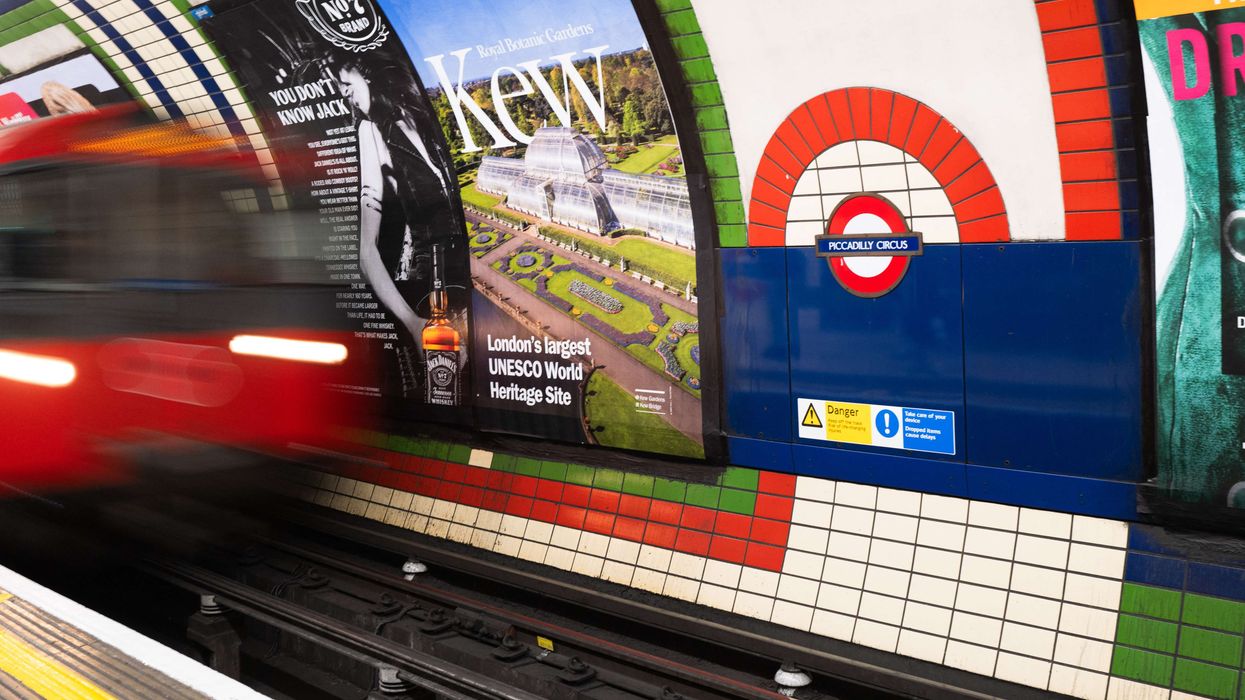by LAUREN CODLING
A LEADING psychiatrist has warned that political disagreements between families on social media could have a detrimental effect on their mental health.
The trend of users taking to social media to express thoughts on a “number of sensitive issues” has increased, Dr Vidya Narayanan, a researcher at Oxford Internet Institute (OII), confirmed.
However, Professor Dinesh Bhugra has raised concerns that some young British Asians may feel unable to express their views due to the backlash they may face from family. He said an emphasis on parental authority in the Asian community could potentially mean that the younger generation did not communicate their opinion on issues for fear of upsetting their elders. In turn, this could have a negative effect on their well being.
“You can find yourself as part of an argument which is going on in a WhatsApp group. You may disagree, but you can’t say anything because you don’t want to disrespect your elders,” Professor Bhugra told Eastern Eye. “So, you can then get angry and frustrated and internalise
those negative feelings which may make you feel depressed.”
Shivani Govindia, 26, a student from London, has experienced tension in her family caused by differing political views. For instance, her family had had “heated debates” within their WhatsApp group in relation to Indian prime minister Narendra Modi. Although the younger generation, such as Govindia’s elder sister and her cousins, had expressed dislike of Modi, her
uncle has shown support for him.
She revealed that they had clashed over India’s so-called ‘beef ban’. In 2017, Modi’s ruling Bharatiya Janata Party (BJP) imposed a ban on the sale and purchase of cattle for slaughter at animal markets across India. “When I heard that Modi was banning certain meats, me and my uncle had an argument about that,” Govindia told Eastern Eye last week. “Although I am vegetarian, I wouldn’t want to tell people what to eat, whereas he [uncle] has a different opinion and said it was a good idea that Modi banned it.”
The OII’s Dr Narayanan said she was not surprised to hear about a difference of opinions in families, especially among the younger and older members. “Often generations differ in their outlook, particularly in diaspora communities, where older members of the family might have grown up in different cultural milieu,” she told Eastern Eye.
Professor Bhugra, a former president of the Royal College of Psychiatrists, agreed. He believes older British Asians could have more of an affinity to their native country and therefore, were much more likely to remain involved and interested in the politics and local issues. Meanwhile, the younger generation may feel more in line with the majority community in the UK, so are likely to have more liberal views.
“It is part of a culture conflict between older generation’s views and the younger generation which can cause tension,” Professor Bhugra, emeritus professor of mental health and cultural diversity at King’s College London, explained.
He also said the younger generation could be caught between two competing cultures. At home, they were part of a sociocentric culture whereas outside the home environment, they wished to be more independent, and the increased access to social media had helped that.
“The boundaries between home and outside are gone,” Professor Bhugra said, noting the number of people who carried their mobile phones with them all the time. “(Having constant access) means there are continual reminders and pressure.”
Although Govindia did not believe her parents were disappointed in her expressing opposing views, she did admit that things could get “heated”. “We are never rude to each other, but we
do get into heated arguments about politics," she said. “Once, something about climate change came up and my cousin got heated about that (…) my older relatives have had to tell my cousin to calm down before.”
Although Govindia has never felt uncomfortable voicing her views to her family, she has experienced negative backlash when her views have conflicted with friends on social media.
During the December general election, Govindia backed the Conservatives and showed support for Tory leader Boris Johnson. When she expressed her views, she was accused of being racist by a former work colleague. Although he later apologised, Govindia admitted she has been “a bit scared to say (she) backed Boris on certain social media channels”.
“A student in my MA class messaged us all on our WhatsApp group saying she wouldn’t
speak to us if we voted Tory,” Govindia added. “I think that is such a negative attitude
to have, as then you are not listening to other people’s viewpoints or learning from others.”











